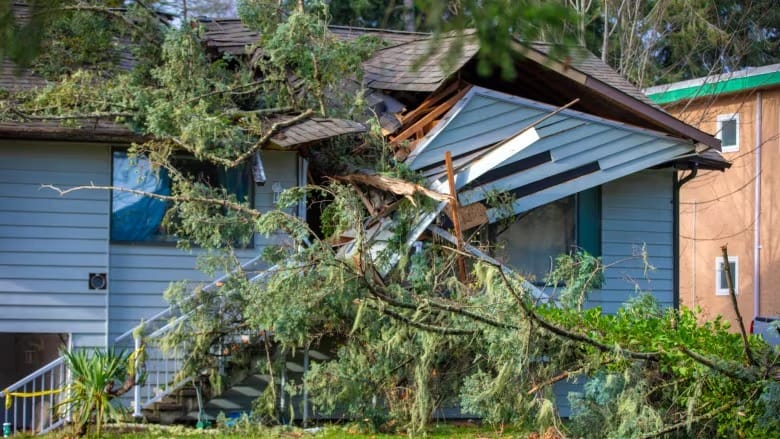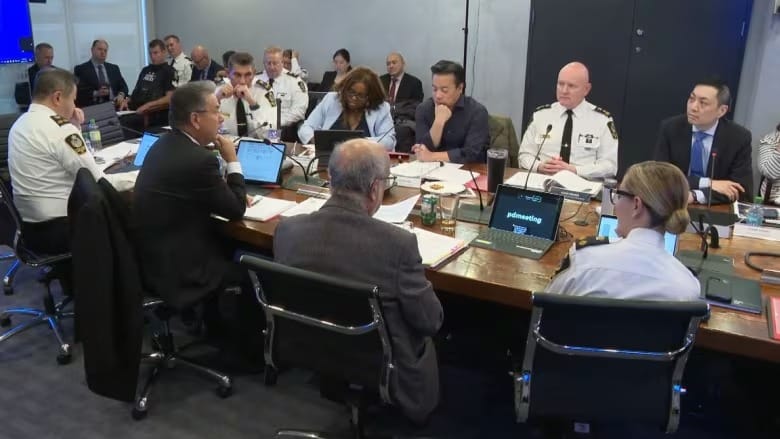Important things to look out for in the British Columbian provincial election campaign
John Rustad (B.C. Conservatives) has gained attention since taking over the party after being ousted from BC United.
As British Columbia gears up for its provincial election on Oct. 19, party leaders have already been campaigning for months. Here's a breakdown of the key issues expected to dominate the conversation and what the political parties have promised so far:
Health Care
B.C. Conservatives propose significant changes, including sending patients out of province for care, expanding private clinics, and compensating workers who lost jobs for refusing the COVID-19 vaccine.
NDP defends its health care management, highlighting a new contract with doctors, an increase of 250,000 nursing hours, and the addition of 835 family doctors. Premier David Eby also noted a decrease in British Columbians searching for family doctors for the first time in 20 years. The NDP recently secured a $195 million deal with Ottawa to cover medications like diabetes drugs, pending a federal PharmaCare bill.
BC Greens advocate for the establishment of community health centres in each riding to replace the current urgent and primary care network.
Crime
Public safety has emerged as a key issue, fueled by high-profile crimes involving repeat offenders. While statistics show crime rates are down, public concern remains.
B.C. Conservatives promise increased funding for police, a “zero tolerance” approach to violent repeat offenders, and appointing judges focused on victims' rights.
NDP points to B.C.’s low violent crime rates against vulnerable populations and pledges to tackle root causes like mental health, drug treatment, housing, and health care.
BC Greens propose a "continuum of response" to mental health and substance abuse issues, focusing on prevention. They plan to draft a Community Safety and Policing Act to shift police culture through enhanced training.
Housing
NDP has introduced multiple initiatives to address the housing crisis, including capping short-term rentals, creating a $500 million fund for non-profits to purchase rental properties, and requiring cities to allow multi-unit housing on single-family lots.
B.C. Conservatives vow to increase housing supply and crack down on illegal money laundering, which they say has inflated home prices.
BC Greens propose a $1.5 billion non-profit housing fund and vacancy control to limit rent hikes between tenancies.
Toxic Drug Crisis
Since 2016, more than 15,000 people have died due to toxic drug overdoses in B.C.
NDP recently revised its drug decriminalization policy, limiting where people can possess small amounts of drugs. David Eby pledged to create facilities where individuals with mental health and addiction issues could receive involuntary treatment.
B.C. Conservatives made a similar promise, with leader John Rustad advocating for involuntary care and secure treatment facilities for vulnerable populations.
BC Greens criticize these approaches, arguing for more prevention efforts. Leader Sonia Furstenau stressed the need for secure housing, health services, and addressing the root causes of addiction.
Economy
The provincial deficit is expected to increase by $1.1 billion this fiscal year, totaling nearly $9 billion, amid concerns that many British Columbians are facing a "personal recession."
NDP defends the decision to run a deficit, arguing that balancing the budget during a period of high need would be counterproductive. Finance Minister Katrine Conroy emphasized the importance of supporting services and struggling citizens.
B.C. Conservatives call for cutting “wasteful spending” and eliminating “useless” regulations to boost small businesses.
Leadership
David Eby (NDP) is leading his first election as premier after being acclaimed as party leader in 2022.
John Rustad (B.C. Conservatives) has gained attention since taking over the party after being ousted from BC United. However, he faces scrutiny for some controversial candidates, including one suspended doctor and another who shared conspiracy theories.
Sonia Furstenau (BC Greens), leader since 2020, was first elected as an MLA in 2017 and remains focused on addressing systemic social issues like health care, housing, and addiction treatment.





